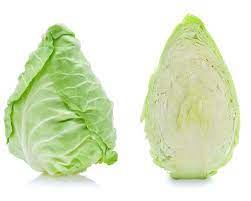Wawa
[Preface: scores of versions of the Wawa logo here. Take a look before plunging in to the post.]
Brother Joe told me the good news that Wawa stores are coming to my home state of Ohio!
Wawa's are great! Anyone who went to Penn would know this because their stores are near the campus and their hoagies / subs, salads, mac and cheese, coffee, snacks of all sorts, etc. are tasty and wholesome. I could practically live out of Wawa's.
Chinese chuckle when they encounter the word "Wawa". The first thing they think of is "wáwá 娃娃" ("baby; child; doll") — note the female radicals on the left, but secondarily they might think of "wāwā 哇哇" ("wow wow") — note the mouth radicals, or tertiarily they might think of "wāwā 蛙蛙" ("frog") — note the insect / bug radicals. The name just somehow sounds funny. Cf. what we were saying about sound symbolism in "The sound of swearing" (12/7/22).
Read the rest of this entry »


